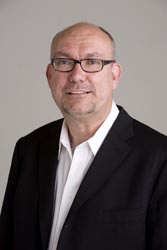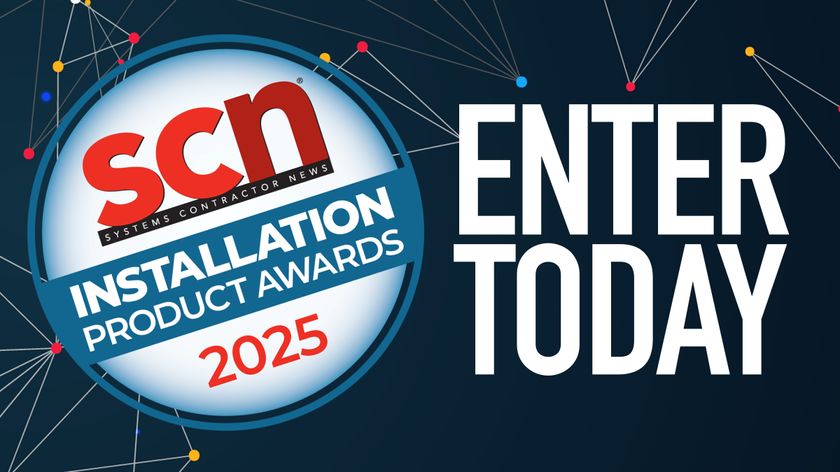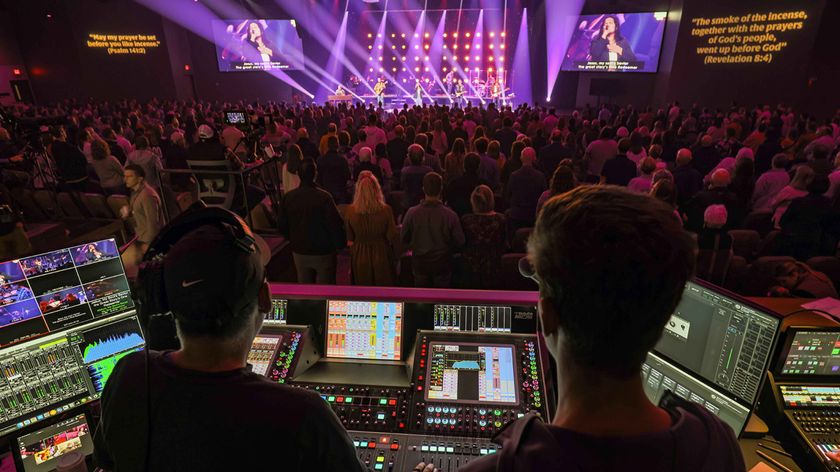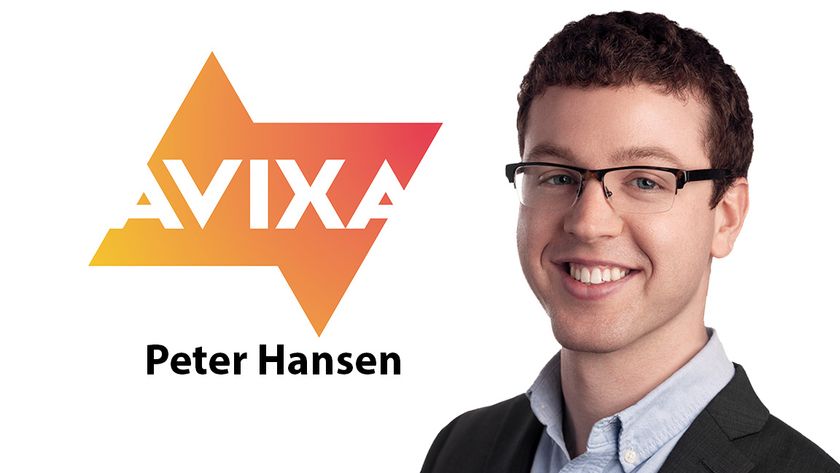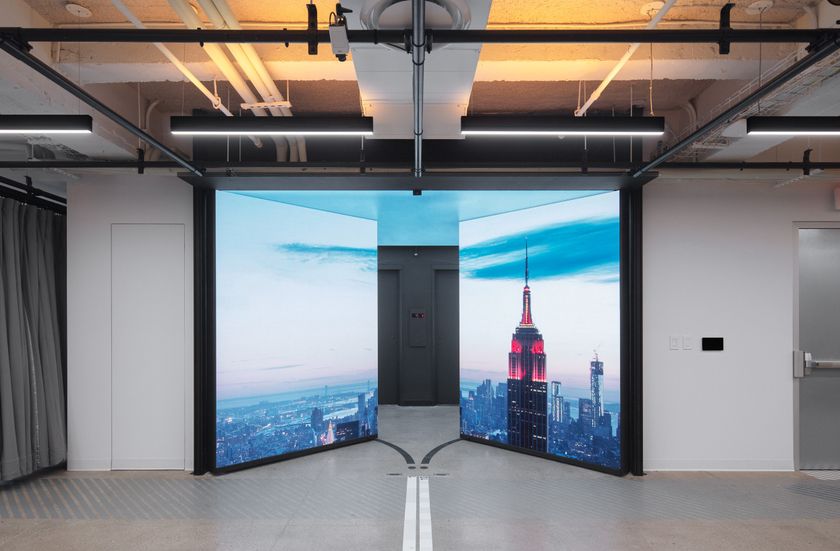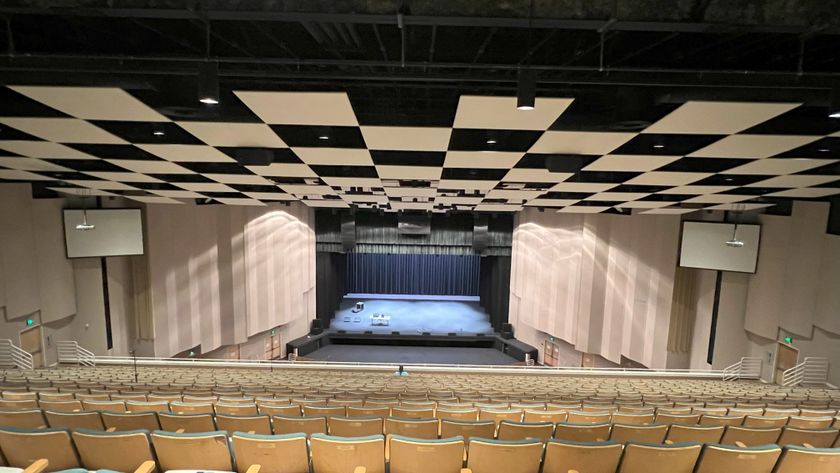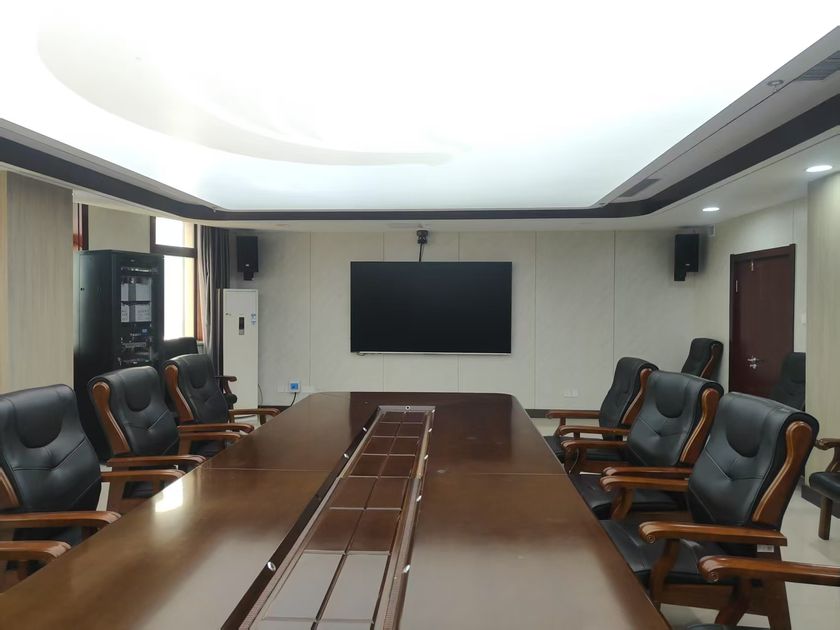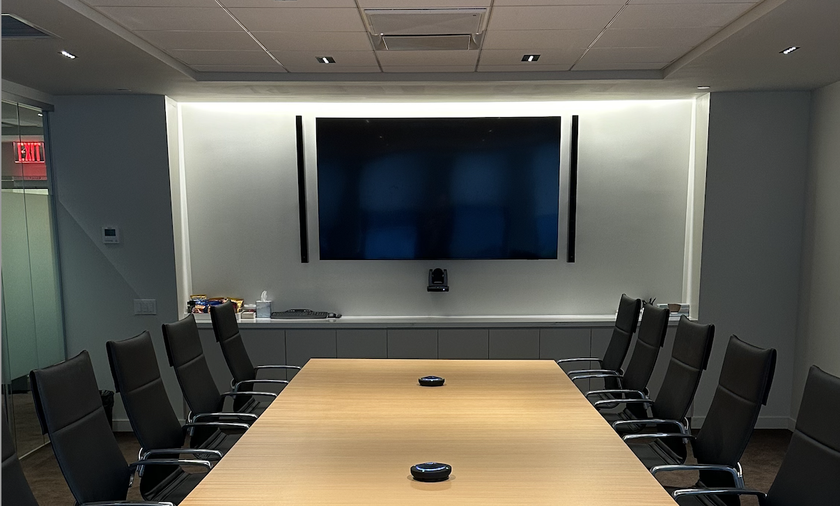NAME: Ted Leamy
COMPANY: ProMedia/UltraSound
TITLE: Chief Operating Officer
OVERTIME: Leamy has found lasting interest in a career that hardly feels like working, with experiences that spans 23 years on the road, seven years with JBL Professional, and his current leadership role at ProMedia/UltraSound.
SCN: Few are lucky enough to discover their vocation early in life, yet you have said that at 15 years of age you absolutely knew you had a career in audio ahead of you. Describe the moment you first discovered your passion for "how sound works".
Ted Leamy: I don't remember the actual eureka moment, but like many things in life, it was more of a process.
I was very attracted to music at an early age. Even though I was not a musician, I was fascinated by live music how could sound so different in different locations and venues. I wanted (needed) to understand why. My interest focused naturally on concert sound and specifically towards concert sound in very large settings and with very loud music.
Through a series of circumstances including hard work for little pay, other poor decisions (just kidding), and some good luck, I decided not to go to college and joined Electrosound Productions in 1977. The company was also known by other names through the years including, TFA-Electrosound, TFA and finally Electrotec.
On the road with Electrosound, I had the chance to begin to experiment with very large concert sound systems in arenas and stadiums. (Some would argue my "experimenting" screwed up many a big show!) Much of my experience was rigging loudspeaker systems to achieve the most efficiency in the sameness of audience coverage and the necessary high-power output; a goal we strive for to this day.
During these fast paced, screwball, rock and roll formative years, I was fortunate enough to meet and work with Don Pearson, Sam Berkow, and Mark Gander (JBL), some of the greats when it came to developing methods of optimizing large sound systems. These three became good friends as well as mentors in my personal development and style in the art and science of sound system design. It is this continued fascination with how large sound systems behave (or misbehave) in large spaces that drives my career and never-ending learning to this day.
SCN: The fact that music has clearly been a driving factor in your career supports the well-known maxim that passion fuels our industry. How do we make sure that remains the case?
TL: Passion is where it all begins. Passion is what gets you up every morning thinking about what you want to accomplish that day. Passion is what makes what we do hardly seem like work at all and causes unbridled excitement when we get it right.
For me, the passion stays alive by constantly challenging myself with new situations, new ideas, and new ways of looking at things.
Marrying technology to art is at the root of the passion. The audio and video industries have gone through remarkable changes in the last 30 years with great advancements in technology as well as technique. How about we all agree never to allow technology and its current limitations to ever get in the way of the passion for making things better for the industry and therefore the wide-ranging audience we serve.
SCN: Your 23 years on the road with Electrotec Productions (Electrosound) significantly fueled your interest in how a sound system interacts with the listening space, an expertise which led naturally to your work at JBL. Now you've, taken the business sense you earned from your seven years with that corporation to ProMedia/UltraSound. How does your diverse experience inform your work today?
TL: We are all shaped by our experiences. My early experiences at Electrosound involved rigging loudspeakers, but I was able to build on that groundwork and move on to more challenging positions including engineering and managing the business. Each of the many positions I held for those two decades played an important part in my later roles in the company. I left Electrosound satisfied that I had mastered what it took to run a tour sound business and was ready to move on to a new challenge.
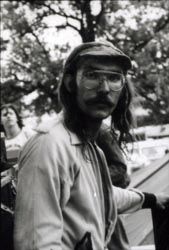
A youthful interest in sound became a profession in 1977, when Ted Leamy joined Electrosound.
My time working at JBL Professional added tremendously to my business and technical abilities. I am blessed with having the chance to work with Mark Gander, John Eargle, and Mark Engebretsen; some of my personal heroes in professional audio.
This past year I joined Pro Media/UltraSound as the chief operating officer and it has opened up a new kind of challenge. I am able to take the business, technical and large organizational skills learned at JBL and apply them to a unique business structure (installed sound and tour sound), where I feel closer to the excitement that originally brought me into the audio business. I am now back to solving entire system design challenges directly with the end user with a new balance and perspective; a very satisfying position for me to be in.
SCN: Of all the changes you seen in technology over the years, would you say that products and systems are becoming more application specific?
TL: Yes, there is a significant, positive trend over the past 15 years to very application-specific devices and even turn-key systems. Back in the day, most all of the design and much of the actual system fabrication for tour-sound and large installations had to be managed by the designer and installer. Manufacturers were building good parts and components, but did not have the know-how to build integrated systems. Designers had to improvise with the limited variety of equipment, often creating overly complicated systems.
All this has changed dramatically. Manufacturers have learned what designers expect. Entire product lines can now be found focusing on all aspects of a particular market with huge strides towards streamlining the design, installation, and optimization processes.
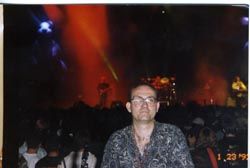
Leamy has always have been moved by the tribal experience of a live concert performance where the audience and musicians combine to create an event. "These events are singular with no chance of repeating the actual notes, sounds, or precise emotion in that exact manner," he said.
The challenge for a designer is to sift through the high 'noise floor' of the many marketing campaigns vying for the same market share of the business. Remember: Just because you can connect a laptop to something doesn't make it high quality.
All technology and products, including today's ever-growing application-specific types, should serve one purpose: allowing an artist increasing freedom to explore their art and give the audience a more pleasurable experience. Anything less is just a waste of our professional effort and precious time.
SCN: From your perspective as an associate director of the Zappa Institute of Technology, a program for at-risk students in the Los Angeles school district, what would you say to those with a passion for music who are seeking a viable career?
TL: There are so many career paths available involving music. Experiment. See what it is that you have a natural aptitude for and love doing. Formal education and practical experience are both equally important. Remember everything we do must be based on the solid foundation of the principles of science. Make the understanding of these constant fundamentals a priority throughout your career.
It is important to keep in mind that determination and personal actions are the biggest factors in influencing our destinies. When considering a career in music, make sure you can imagine yourself doing the gig in 10-15 years.
Don't pick your career path lightly, or make money as the ultimate criteria of your career decisions. When you finally try something you like in the industry, and it doesn't feel like work, even though you are spending an incredible amount of your time at it, you found your passion!
Lastly, never give up. Few careers progress in a constant upward linear fashion. We all have setbacks and sometimes need to change course. Don't get discouraged. As in life, it is the journey that is more exhilarating than the actual destination. As Sam Berkow is fond of saying, "Have fun!"
For those of you reading this that have achieved a level of success in your chosen discipline, consider spending time mentoring someone still searching for their passion and life goal. My friend Pierre D'Astuges did this for me early on, and it has made all the difference in my career and life.
SCN: How would you finish the following sentences?
The audience is... more sophisticated than ever before when it comes to judging quality. Don't try to fool them or take their knowledge of quality for granted. Keep in mind it is their growing expectation for excellence which drives the eventual adoption of all innovation. The audience's positive experience with the art we help convey is the purpose for everything we do as technologists and designers.
Never go on the road without... a plan to get off the road! It is easy to get caught up in the lifestyle, excitement and money. It is a young man's game. 23 years is just too long to be on the road!
The road is a great learning place. You get to learn about technology, logistics, good planning, how to get things done under difficult circumstances, and most importantly, how to patiently deal with all kinds of people. These leadership lessons will follow you the rest of your life.
And you have to be part of a great crew. A crew you truly enjoy being with everyday no matter the circumstances. Your positive attitude is your best asset in being part of that positive crew experience. Oh, and ya wanna start with clean underwear!
Never start an install project without... oh, this one is easy... clean underwear! Just kidding. You need to have a clear understanding of your customer's final expectations and a detailed plan to implement the correct amount of technology to meet their needs, which is often different from their wants. Don't forget the contract, schedule, and shop drawings!
